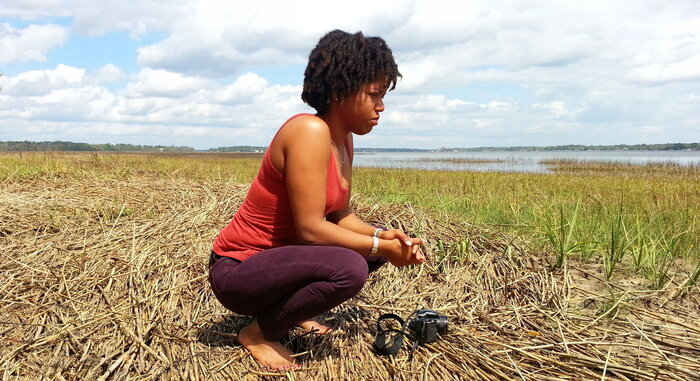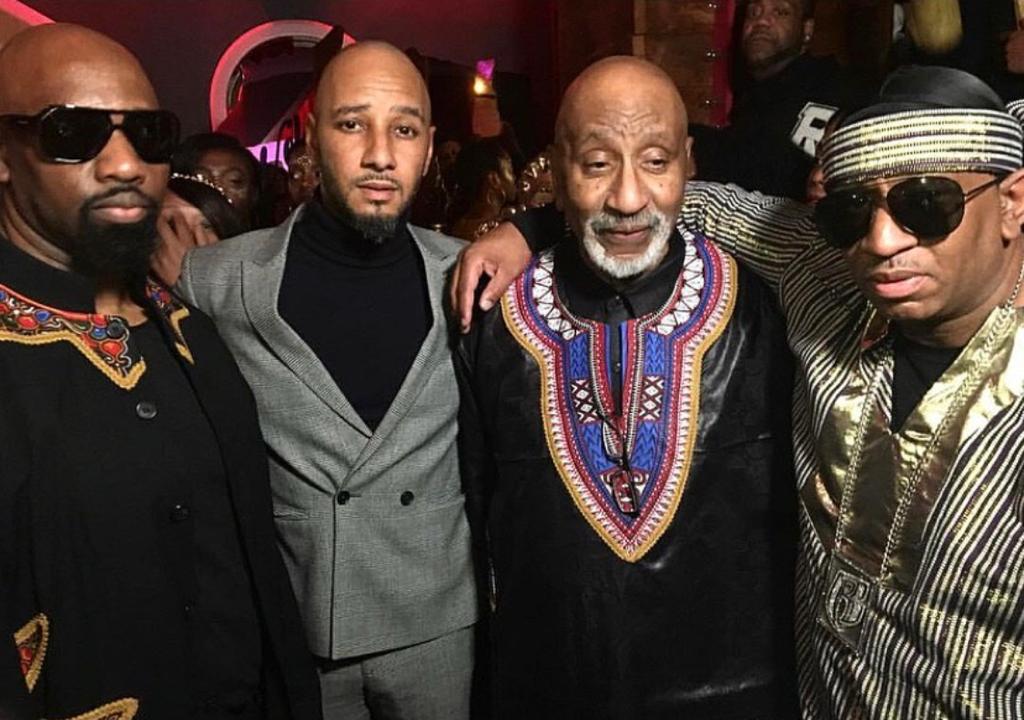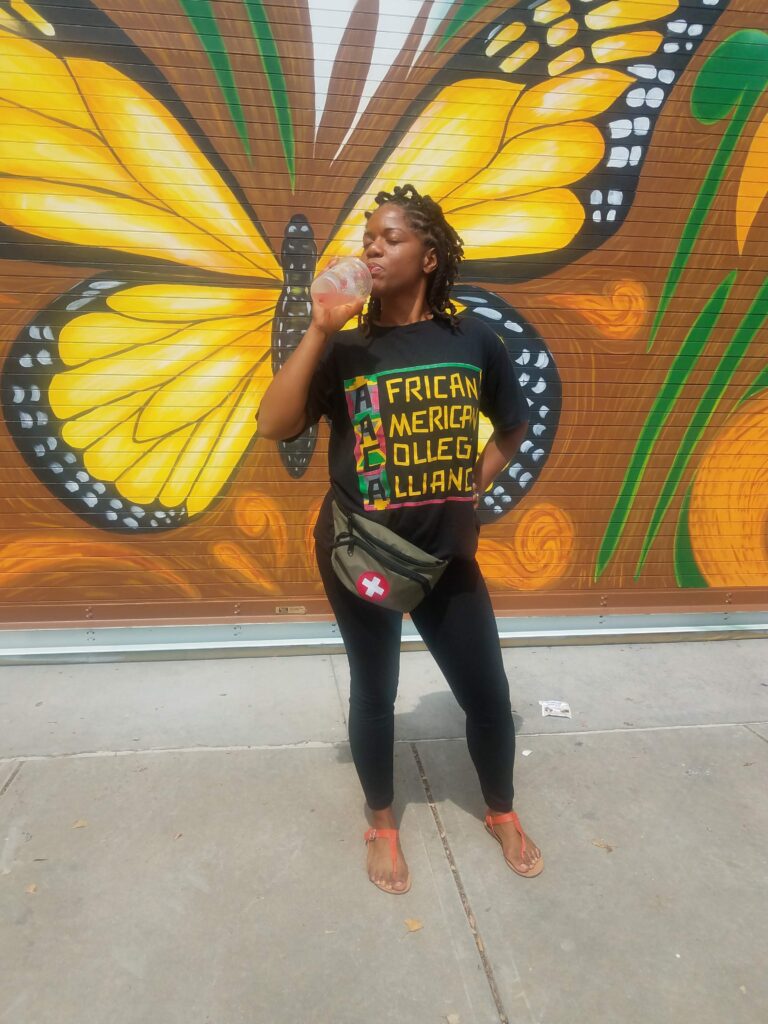Your Past is Bigger Than You: It’s Family + Community History. It’s Black History.

Writing other people’s life stories–whether it’s a couple paragraphs or an entire book–taught me a valuable lesson. That is: Personal history is family history, and family history is community history (world history, even). I’ll use the example of 81-year-old Mr. Elbert Shamsid-Deen, whose autobiography I recently wrote.
His great-grandson was present during one of our video calls. He seemed pretty bored for a while, as I’m sure he’s heard the stories plenty times. Then I started connecting dots: “That entrepreneurial spirit runs in y’all family. Mr. Elbert, your mom and aunt, and even your father at some point, were self-employed. You are, then your children became entrepreneurs, and some grands and greats too. Even the love for music was passed down. Your mom was a great dancer, your dad loved various genres, you loved it, your children built the Ruff Ryders empire, then your grandson became one of the most well-known music producers of our time.”
I could see the wheels turning in his great-grandson’s head. Those stories weren’t just his grandfather’s life. They were his family’s story. His too. It’s hip-hip history, black history, and, ultimately, world history.

Here’s an example from my family:
My maternal grandmother was born in Rayville, Louisiana. At some point, she moved to Monroe, Louisiana. While living in Rayville, she, along with her family, was a sharecropper. That’s living and farming on some white man’s. In exchange for being able to live there, you give him a cut of your profits/harvest. Legally, you couldn’t leave until all your debts were paid. Historically, though, the numbers rarely add up right for black folk and they end up being stuck on the damn farm forever.
Congress outlawed peonage (the formal name for sharecropping) in 1867. Textbooks admit though, that, like slavery, just because the law said it was over didn’t mean it really was. (Stories in Krak Teet prove this as well.) PBS, for instance, said that, “many Southern black men were swept into peonage though different methods, and the system was not completely eradicated until the 1940s.”
My family’s history proved that to be wrong as hell. It didn’t end in the 1940s. My mother vividly recalls visiting the Richland Parish farm (named for its “rich,” fertile land) where our family sharecropped. That would’ve been in the ’70s. Even I remember going out there once, and that was in the ’90s. One of my grandmother’s brothers was still living and working on some white man’s land in 1992. And it wasn’t just Southern black men but women too. My great-grandmother and my grandma were both sharecroppers.

That (unfortunate) family history is so important to correcting what’s currently written and told about southern history. It ain’t just my grandma’s story or my great-uncle’s story. And it ain’t just our family history. It’s Rayville history, Louisiana history, Southern history, U.S. history.
My grandma, at some point, got the hell off that farm and moved to Monroe, Louisiana for better opportunities. My mama made a similar move. She was born in Monroe, but joined the military to get the hell out of Monroe for a better life. I was also born in Monroe, but I’ve been on the move since the day I was born it seem like (lol). As an adult, I’m constantly moving about…because I can and because I wanna see explore the different opportunities of different places. I live what’s considered a nomadic lifestyle.
My grandma would’ve done it too, I believe, if she could’ve. My past and my life is my family’s history. It’s also part of this fabulous quilt of world history involving black women all over this globe living life on our own terms, coming and going as we please, and redefining the fuck outta freedom (just as my mama and grandma did for themselves).
If you like this post, you’ll love the book. Get yours. If you wanna keep content like this coming, make a one-time CashApp investment at $TrelaniMichelle, or become a monthly patron.



